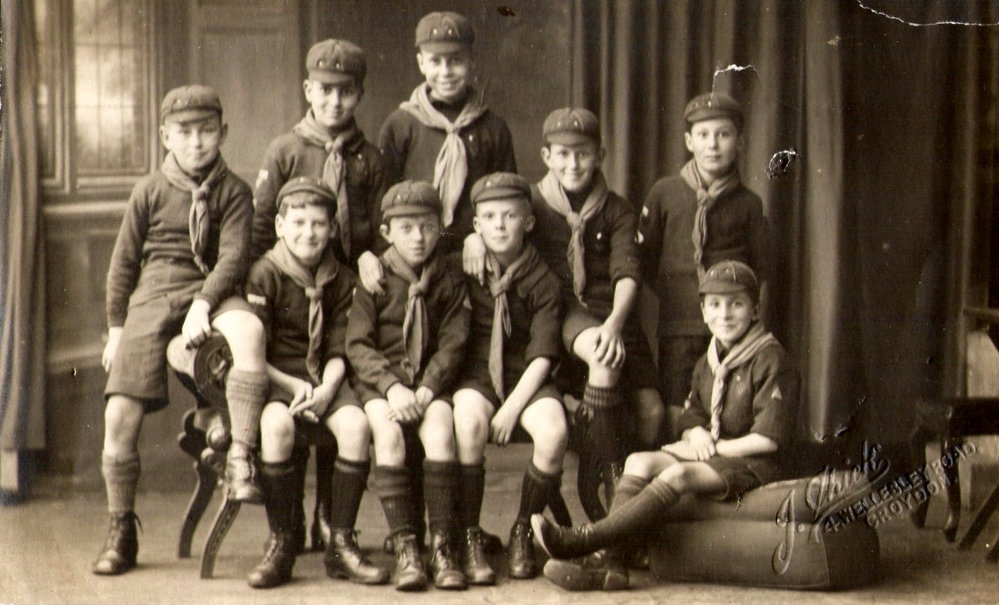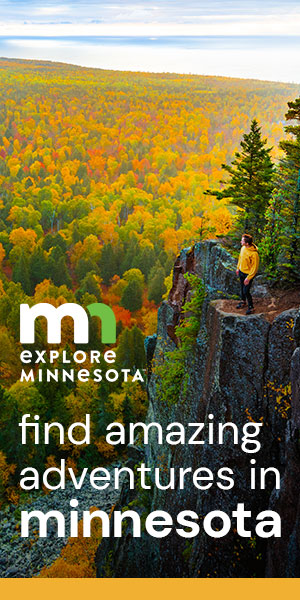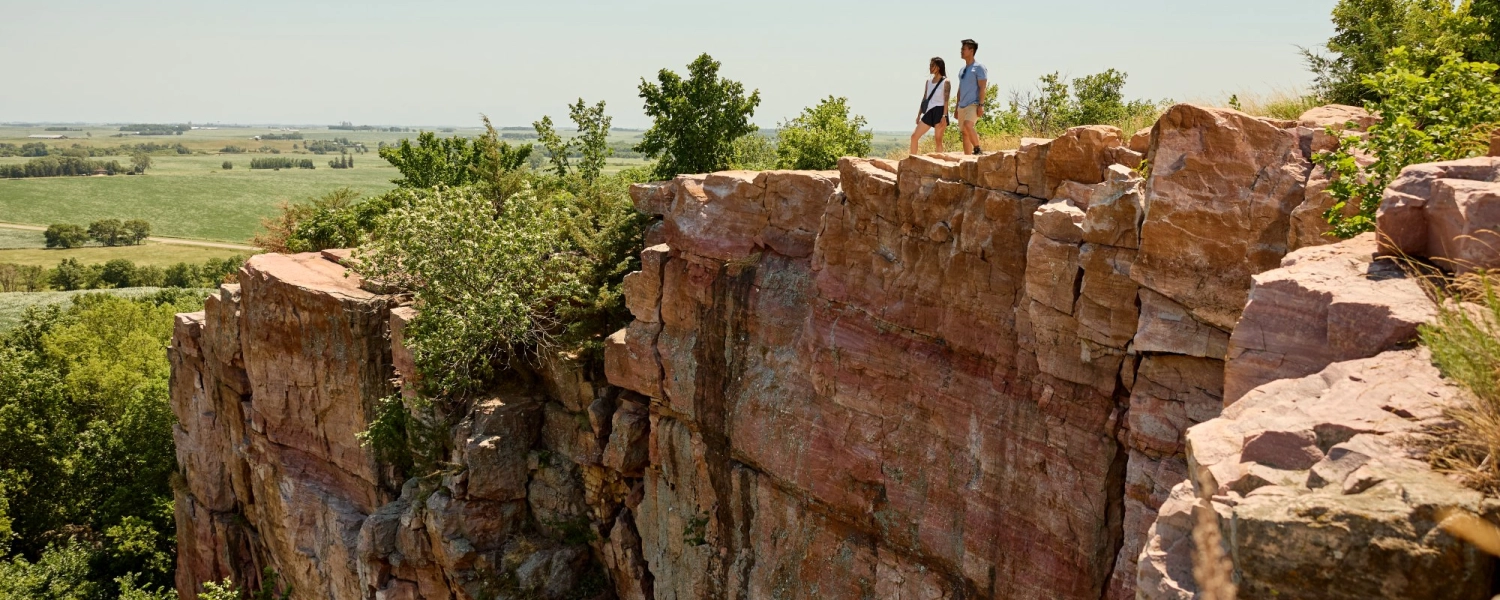- Details
- Written by: Mike Walker
This summer, some 400,000 girl and boy members of the UK's Scout Group will help celebrate the 100th anniversary of its second section, the Cubs, for 8 to 10 year olds.
From the very beginning the Scouting Movement was a runaway success, with its founder, Lieutenant-General Baden-Powell having to create the Cubs to accommodate the masses of younger boys clamouring to get a piece of the outdoor fun and adventure the main Scouts groups were having.
It all started when the army general published a book in 2008 called Scouting for Boys, which became an instant best-seller throughout the Empire, and indeed one of the best-selling books of all time.
The popularity of Baden-Powell's scouting philosophy and methods combined with games to play, honours to win, a uniform, laws to obey and oaths of allegiance to swear, seemed to hit a sweet spot in pre-war Britain.
These methods and ideas were born of his military experiences in the Boer War and existing army scouting skills, but added to with indigenous North American woodcraft skills and adapted for the book to the perspective of outdoorsmen and explorers rather than soldiers.
Such was its popularity that by the time the Lieutenant-General retired and officially set up the Boy Scouts Association in 1910 there already numbered some 100,000 scouts in groups up and down the country.
Hence the need, some nine years later to create the Cub Scout movement, again led by the launch of a new book by Baden-Powell, the Wolf Cub's Handbook. With its own uniform and identity, the younger section incorporated some of the universe of the hugely popular The Jungle Book, which was written by Baden-Powell's friend Rudyard Kipling.
Groups were called 'Cub Scout packs', their leaders were called 'Akela' after the head wolf in The Jungle Book, and devices such as Council Rock where the wolves meet, and the Grand Howl were instituted. The latter was where the cubs shout together their pledge to "DOB, DOB, DOB, DOB" (Do Our Best) in reply to the call "DYB, DYB, DYB, DYB (Do Your Best) at the start and finish of pack meetings as a salute to the Akela.
After half a century, in 1966 much of the Jungle Book connection was mostly abandoned in the UK during a review of the movement. Although the section was renamed Cub Scouts, some of the terminology still remains, such as calling leaders Akela, and the Grand Howl pledge was spelled out, with Cubs chanting "We will do our best."
Despite the changes over the last century, the same ethos prevails in all Cub Scouts: fun, adventurous learning that cultivates a love and appreciation of the outdoors, with teamwork, games, camping, woodcraft, first aid, fishing, and hiking at its core.
For more on the Cub Scouts and their 100 year celebrations, see scouts.org.uk




